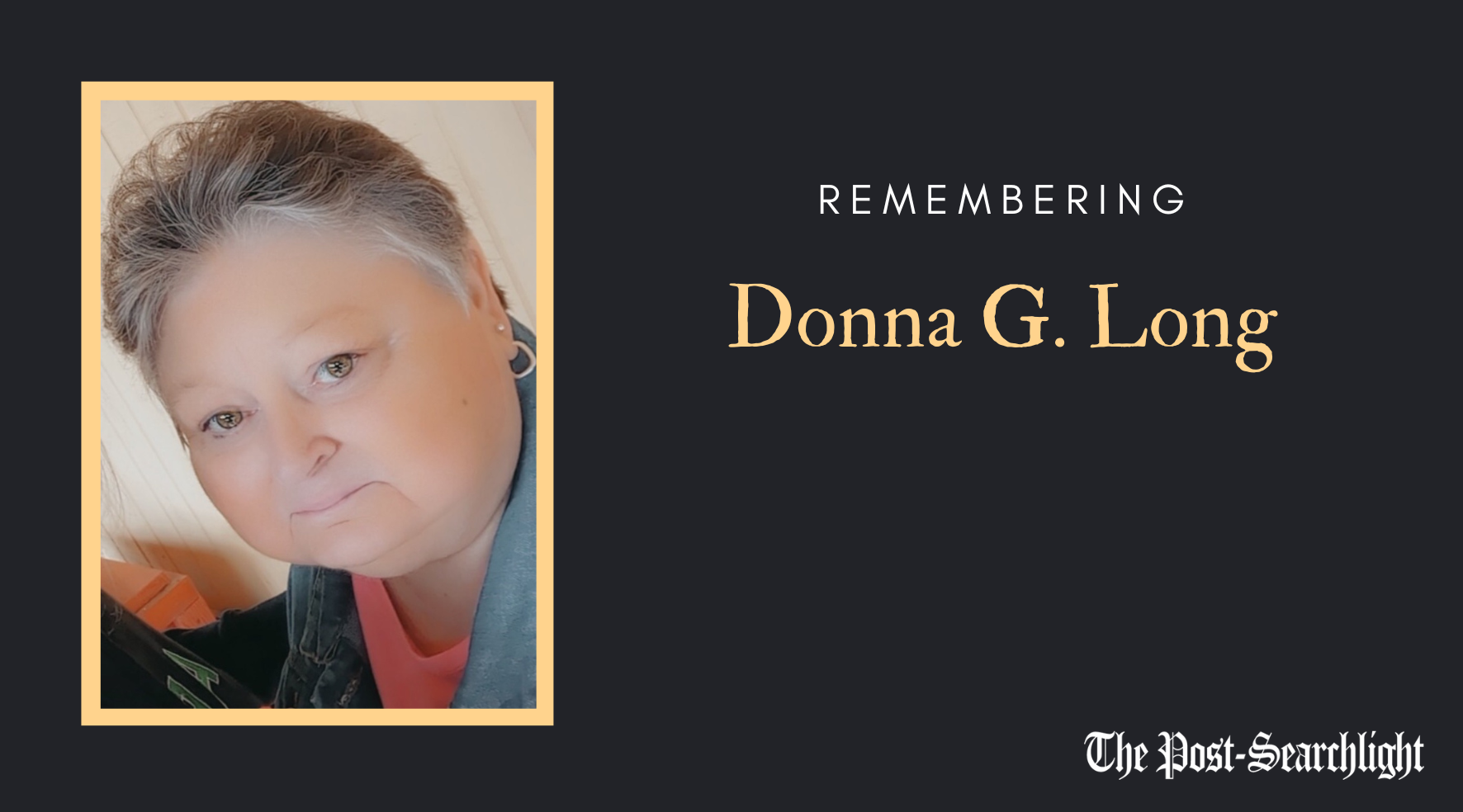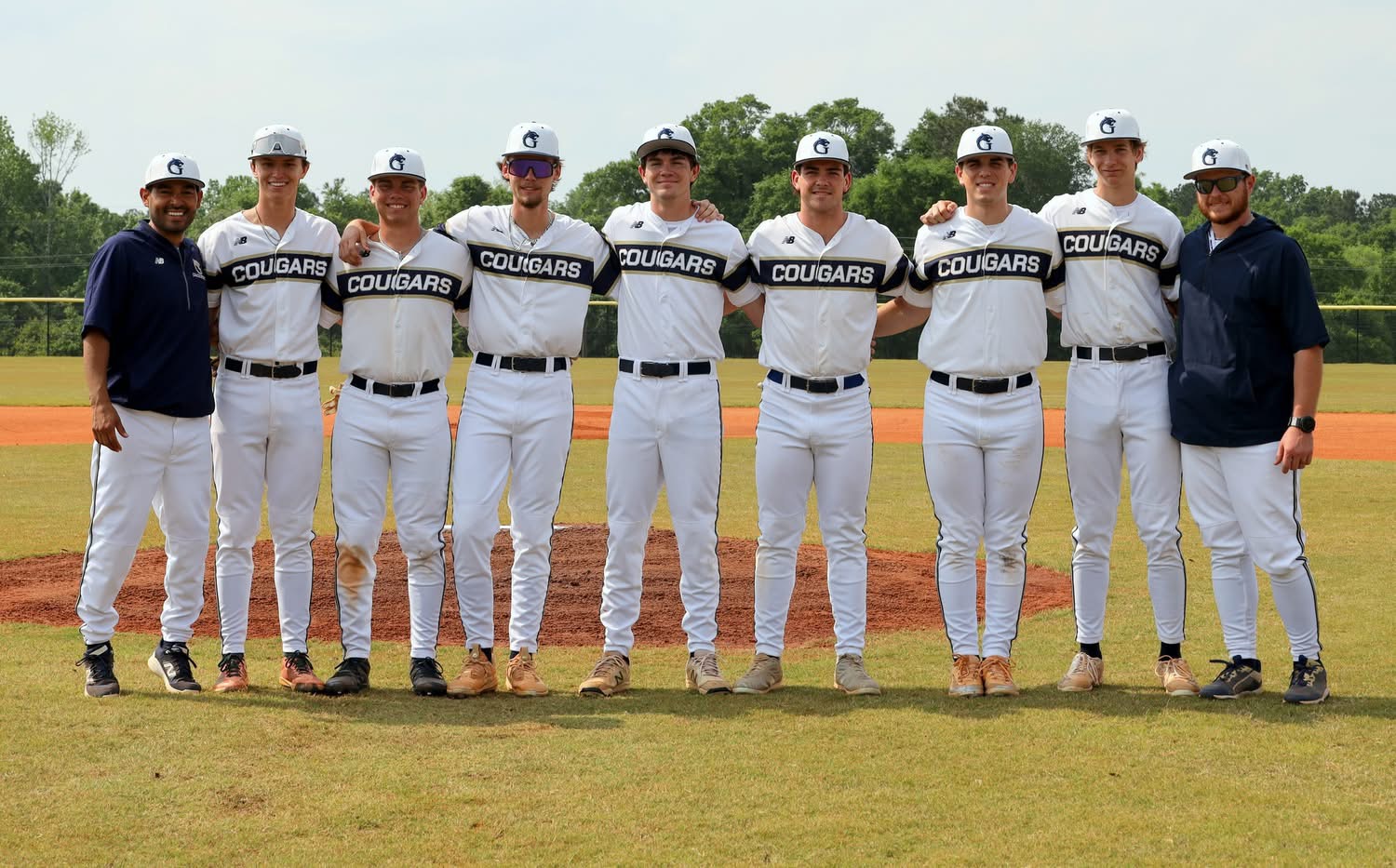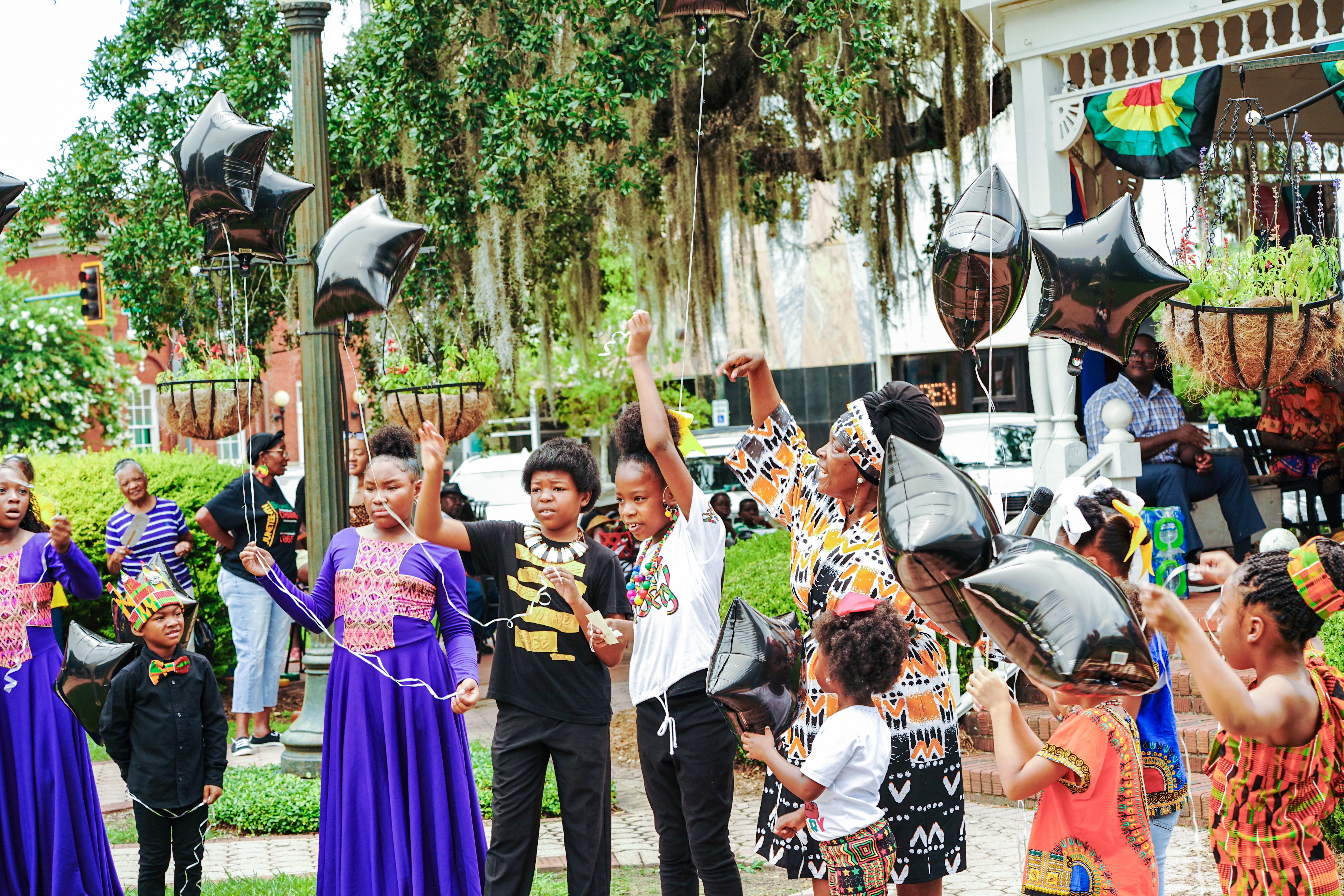Cuba – Expect the Unexpected
Published 4:35 pm Tuesday, August 8, 2017
Tonight marks our second night in Havana, Cuba. Mary Lou and I have long had a visit to Cuba on our bucket list and we are enjoying our visit immensely so far. There has been so much to process that it is hard to figure out exactly what I think.
Like many Americans my age, my lifelong thoughts about Cuba were framed by a few short days in 1962. The Cuban missile crisis was the closet that the United States and Russia, or any other country for that matter, have ever come to thermonuclear war.
Only in the second grade, I remember the food in the interior hall closet. If we were attacked, we were instructed to fill the tub with water. Close all the doors to the hall. Do not leave the hallway for two weeks. The drills at school where we had to get under our desks. It seems like a dream now, but was very real in those times.
It is hard to believe that we have had so little interaction with an island only 90 miles off our shore. We only know about Cuba through the news media, but I long ago realized I would rather learn the truth from the people. I can make up my mind after that.
Within an hour of our arrival, I knew we were in a very different place. Poverty jumps out at you from the homes along the highway. Even in the city there are crumbling mansions next to renovated restaurants.
Our hotel is the most historic in all of Havana, but shows its age. It was finished in 1930 and was paid for by “the Boys”, the Cuban euphemism for the mafia. During the period of the Republic of Cuba, 1902 until 1959, the mafia grew and asserted control over much of the economy.
The restaurants have been fabulous, but are priced far beyond the reach of the average Cuban. A meal in some of these restaurants, priced far below a comparable meal in America, would still cost close to a month’s salary for most Cubans.
The mansions of colonial Cuba, and from the time of the Republic, have fallen into disrepair in much of the city. After the revolution, these large single family mansions became tenements for other citizens. While sections of the city are undergoing impressive historic renovations, much of Havana remains untouched. It is like an architectural time capsule, with old buildings not being torn down or maintained, just slowly declining.
In my short time, I have found the Cubans to be friendly, helpful and even curious about Americans. Many have no concept of how their life compares to other people around the world.
There are 60 channels on the television in my hotel, but only 3 or 4 are English speaking channels. I got my news of our country this morning by watching a Venezuelan channel on TV. The average Cuban may only get 3 or 4 channels at home.
Their internet is restricted though you see a lot of people on their cellphones. Many cars may be old, but there are new Yellow Cabs everywhere, often made by Kia or Nissan.
The food in the restaurants I have visited so far is very fresh and imaginatively prepared. Yet only 43% of the food supply is produced domestically. 57% comes from imports.
40% of the people have driver’s licenses, because only 40% have access to a car. Public transportation, mostly buses, is heavily subsidized and the main form of transportation. Healthcare is free, but a Heart Doctor might make less annually than the tour guide taking us around Cuba.
Yet I see signs of change all around. The city is trying to modernize certain areas and private ownership of property is slowly taking hold. A restaurant owner may open a space with a few tables and work his way up to a fine facility, but there are no government programs or grants to support those upward goals.
So far, I have seen things I did not expect to see, while at the same time I have had some of my pre-conceived ideas about Cuba confirmed. In many ways, I feel further away from America than any of the European and Asian countries I have visited in the past few years.
Without a doubt, this has already been an extraordinary trip. Like most of the places we visit, we are just trying to chill out, go with the flow, and experience life as the people we are visiting experience life.
In Cuba, that means to expect the unexpected. Only then can you relax, and learn about these people, largely strangers to me, who call this beautiful island home.





